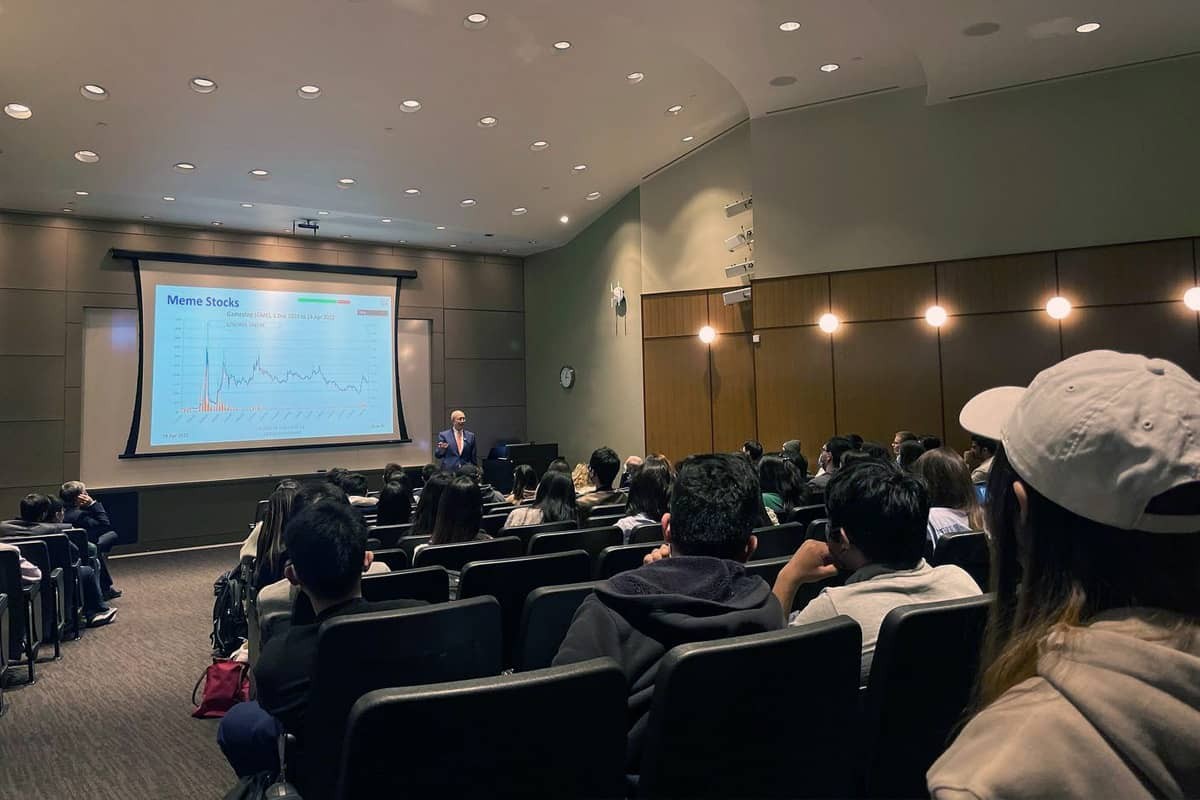This is a recurring series hosted by the Department that features a diverse lineup of speakers from both academia and industry.
Speakers share insights on a range of topics in the rapidly evolving world of financial engineering. The goal is to help students of all levels expand their knowledge, explore the latest research and trends, and to connect leading experts with the larger Columbia community.
The seminar presents research and practice in financial engineering and related fields. It is open to Columbia students, attendees from industry and academia, and the general public (space permitting).
Ali Hirsa
Director of Financial Engineering Practitioners Seminar
Professor of Professional Practice, Industrial Engineering & Operations Research
Director of the MS in Financial Engineering Program
Need more information?
To request more information or express interest in becoming a corporate sponsor, please contact us.

